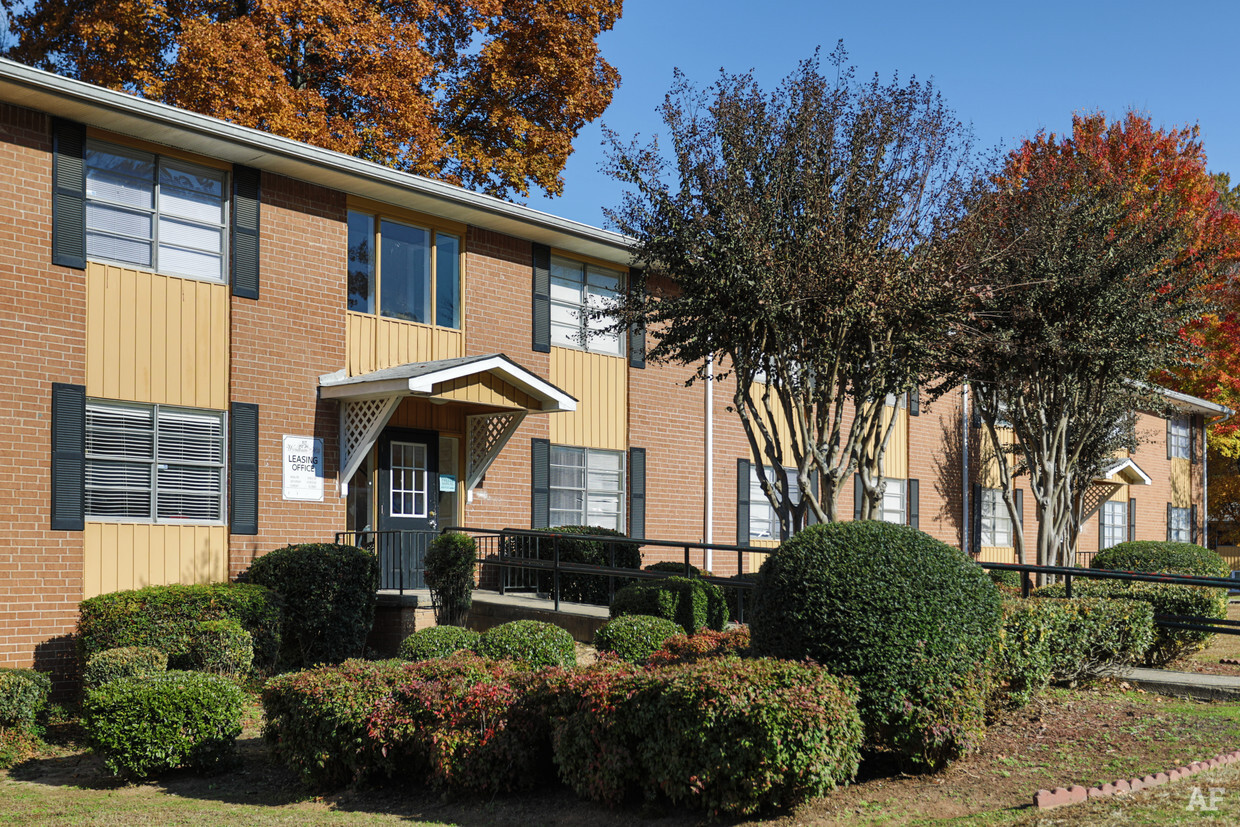When issues arise between landlords and tenants, questions often come up around a landlord's ability to pursue criminal charges.
In this article, we will explore the question can a landlord press criminal charges.
Can a landlord press criminal charges?
No, a landlord cannot directly press criminal charges against a tenant. Only law enforcement and prosecutorial authorities have the power to investigate potential criminal behavior and file formal charges.
However, landlords do have the right to report suspected illegal activities or criminal behavior to the proper authorities.
It is then up to the discretion of law enforcement and courts to determine if charges are warranted based on the evidence provided. Landlords play an important role in cooperating with any investigations and providing documentation and details of incidents to aid the legal process.
When can a landlord report a tenant to law enforcement?
There are three main scenarios when a landlord would be justified in reporting a tenant to the police:
-
If a landlord discovers clear evidence of illegal activities occurring on the rental property. This includes things like drug dealing, prostitution, or other violations of local/federal law. Such harmful behaviors endanger other tenants and the community.
-
In cases of physical assault or threats to personal safety. Violence, assault, harassment, or any form of threatened harm against individuals is cause for prompt action to ensure security.
-
Significant property damage or vandalism caused by the tenant. Damage to the unit or other areas of the rental property due to tenant actions needs to be addressed, both to repair the physical effects and legally hold responsible parties accountable.
Related: Can A Landlord Kick You Out Without A Lease?
What are the legal procedures for reporting a tenant?

If a landlord suspects criminal behavior related to one of the above scenarios, the first step is contacting the local police and filing a report. Law enforcement will then conduct an investigation, gathering facts and evidence from all involved parties.
The case may then be forwarded to prosecutors for review and a decision on formal charges. Throughout this process, landlords should fully cooperate with authorities by providing documentation, access, and any other assistance requested. It is not up to the landlord to directly pursue or drop charges once reported - that decision lies with law enforcement and legal officials.
What are the potential consequences for tenants?
If pursued through the legal system and found guilty, tenants facing criminal charges can be subject to fines, imprisonment, probation, or other penalties determined by the courts depending on the seriousness and circumstances of the offense.
Beyond direct sentencing, a criminal record can carry long-term impacts on employment, housing, and other areas of life. Landlords may also use a legal ruling against a tenant as grounds for eviction proceedings to remove them from the rental property.
What rights do tenants have?
Tenants facing reports or potential charges from their landlord have important constitutional rights to due process and presumption of innocence that must be upheld. This includes timely notification of charges, the ability to argue their defense, cross-examine any witnesses, and have sufficient time and counsel for their case.
Landlords cannot arbitrarily or preemptively take actions like eviction without just cause and consideration of a tenant's rights. Falsely accused tenants may pursue legal remedies and complaint processes if they believe a landlord is acting in violation of laws or ethics.
How can disputes be resolved outside of courts?
As an alternative to formal litigation, landlords and tenants are encouraged to consider mediation or arbitration processes to settle disagreements. This allows both parties to communicate their perspectives to resolve issues through facilitated discussion rather than legal battling.
While voluntary, these alternative dispute resolution approaches are often faster and less costly to reach mutually agreeable solutions. However, tenants and landlords still maintain rights to legal representation during such proceedings to ensure fairness.
Conclusion
In summary, landlords do not have the direct power to press criminal charges but do have an important role to play in reporting potential illegal behavior to the proper law enforcement authorities.





